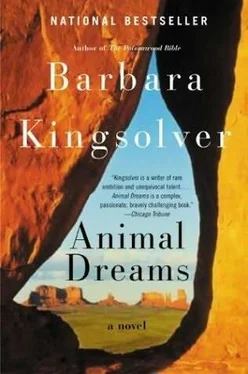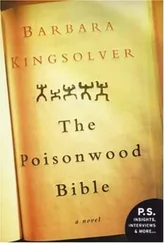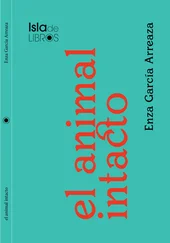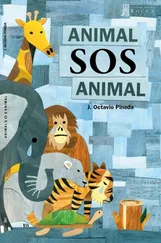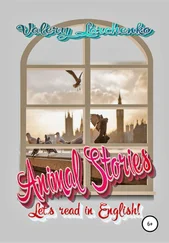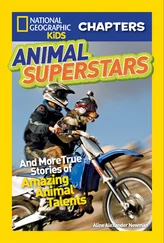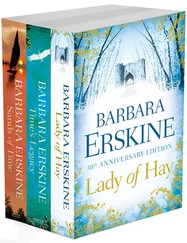I laughed at myself for carrying my mother’s phobic blood in my veins. And for telling Alice Kimball how to cure slugs. Practicing all this family business without a license. It seemed extraordinary and accidental that I was alive. I felt crowded with all the sensory messages that make up life, as opposed to survival, and I recognized this as something close to joy. As we slipped down over the city every building and back lot was beautifully distinct. I forgot about my heart, left it to look after itself. We passed south of downtown, over the railyard, where the boxcars stood in line looking sweet and mismatched like a child’s toy put together with no eye for color coordination. Just past the railyard was a school where a double row of corn-colored school buses were parked in a ring, exactly like one of those cheap Indian necklaces made for tourists. Bright backyard swimming pools gleamed like turquoise nuggets. The land stretched out under me the way a lover would, hiding nothing, offering up every endearing southwestern cliché, and I wanted to get down there and kiss the dirt.
I made a bargain with my mother. If I got to the ground in one piece, I wasn’t leaving it again.
The Amtrak didn’t depart until three-thirty; I made it with time to spare. The station clerk wouldn’t sell me a ticket to my destination, saying it wasn’t a passenger stop. I argued. I knew the train stopped there for a crew change. Finally I realized he could sell me a ticket for anywhere at all on the eastbound line, it didn’t matter. I knew where I was getting off.
We pulled out of the station and I hugged myself, cradled in the wide reclining seat, letting the rails rock me like a baby. The car smelled like smoke and old leather. I lay sideways in the seat, facing the window, my legs curled under me. Tucson, Arizona, passed slowly enough to nod at, take notice of, and then let go. At a steady, measured pace these things were revealed to me: the backs of brickyards, the backs of barrios, a large outdoor factory where Mexican women painted tiles. We passed buildings whose high walls, empty of windows, were spray-painted with huge secrets seen by no one but the travelers of the Southern Pacific. And then came the broad, open desert-mile after mile of it. I understood the appeal of train travel. You couldn’t help knowing where you’d been.
At some point I fell asleep, and at some point I woke up again. I felt I’d been on that train for the whole of my life. We approached Grace from a direction that was new to me. We didn’t go by the junkyard. There was a tunnel through the granite cliffs and we entered it fast-the dark rock wall magnifying the rocketing clamor of tons of forward motion-and then, quiet and sudden, out into the bright light again. I blinked against the overexposed world. By the time my eyes adjusted we were right downtown behind the old jailhouse, pulling the sighing brakes, slowing down. We came gliding under the long wooden porch of the depot. The sun glinted on its pleated tin roof, and I noticed a carob tree there with a trunk the size of a rain barrel. It must be the male-the mate to the one up by the liquor store. The one I’d been looking for.
The conductor looked a little surprised when I pulled my bag off the rack and hopped down onto the concrete apron of the depot.
“This isn’t anywhere, sweetheart,” he said, looking down at me from the doorway. He was a very old, very dark-skinned man whose uniform looked as if it could hold up its shoulders without him.
“I know,” I said.
“You can’t get back on,” he warned. “Ten minutes for a crew change, and then we’re headed out for El Paso.”
“I know. I don’t want to get back on. I live here.”
“Well, how do you do,” he said. He stepped back into the car and waved at me through the window. His gloved hand fluttered like a dove.
A hundred yards up the line I saw the fireman climb down the ladder from the engine. It was someone I’d gone to school with-Roger Bristol. Loyd tossed down Roger’s grip and his own, one at a time, and then swung himself easily down the ladder as if he were born for this work. He talked briefly with two other men-the oncoming crew, I guessed. They would speak in their magical language of dog catchers and sun kinks and the ones that had died on the line, picking up trains from the dead and moving on. They parted ways and the new crew climbed into the engine. The other two men walked toward the depot carrying their grips and lunch buckets: one short and stocky, the other taller, broad-shouldered, with his hair in a ponytail. The people you love always look perfectly proportioned from a distance.
Shortly the train began to move again, very slowly, the speed of a living creature. You could still run and catch it. Loyd and Roger kept walking toward me without seeing me. Standing there watching him, knowing what he didn’t, I had so much power and none at all. I was on the outside, in a different dimension. I’d lived there always.
Then he stopped dead, just for a second. I’ll remember that. The train moved and Roger moved but Loyd stood still.
He caught up to me in an instant, with a twinkle in his eye and his bag slung over his shoulder like a ready traveler.
“Thanks for the ride,” I said.
He put one arm around my neck and gave me the kind of kiss no fool would walk away from twice.
For several days I kept coming back to this: we had no body. I wanted to have a funeral for Hallie, but I was at a loss. I knew the remains should not have been important, but in a funeral the body gives the grieving a place to focus their eyes. We sit facing it, bear it on our shoulders, follow it down the road in procession and finally long to follow it into the ground. The body would have provided an agenda and told me what to do, in lieu of Hallie, who was gone.
I went to look for something else that in my mind stood for her: the semilla besada, one of the supernaturally blessed trees that in the old days were festooned like Christmas trees with the symbols of people’s hopes. We could hold a funeral there, outside, under the leaves. I wanted to find the exact plum tree where we’d hidden a lock of our intertwined hair. I knew the orchard but couldn’t find the tree. Either it was gone, or it was no longer exceptional. Maybe the trees all around it had stretched their taproots and found the same nurturing vein.
It was June, a week before Hallie’s thirtieth birthday. The canopies were in full green, each one as brilliant as a halo. The blossoms had dropped and left behind incipient fruits swelling three and four to a cluster, not yet pruned by nature or by hand. Every tree in every orchard looked blessed. So we had the funeral there, in the old Domingos plum orchard.
I’d asked people to bring something that reminded them of Hallie. I spread the black-and-red afghan on the ground and we stood around that. Instead of decorating a tree with our hopes for the future, we decorated a blanket with icons from the past. All the women from Stitch and Bitch were there. And J.T. and Emelina, of course, and Loyd. All of my students, as well. Doc Homer didn’t make it. He didn’t go very far out of his house these days, or very far out of his head.
It was awkward getting started. I remembered the last time I’d hugged her, thinking I could hold on and stop our lives right there. I took some breaths. “Hallie asked to be buried in Nicaragua,” I said. “She wanted that. To enrich the soil of a jungle. But I wanted something here too.” I stopped, because it sounded to me like small talk. Words only cover the experience of living. I looked around at the unpretentious faces like slices of bread, all the black dresses, the dark shoes, and I looked up at the bright leaves lit from above. It was a brilliant, hot day and I didn’t feel at all like crying. The black dresses made me think of Greece. Nothing seemed quite real.
Читать дальше
